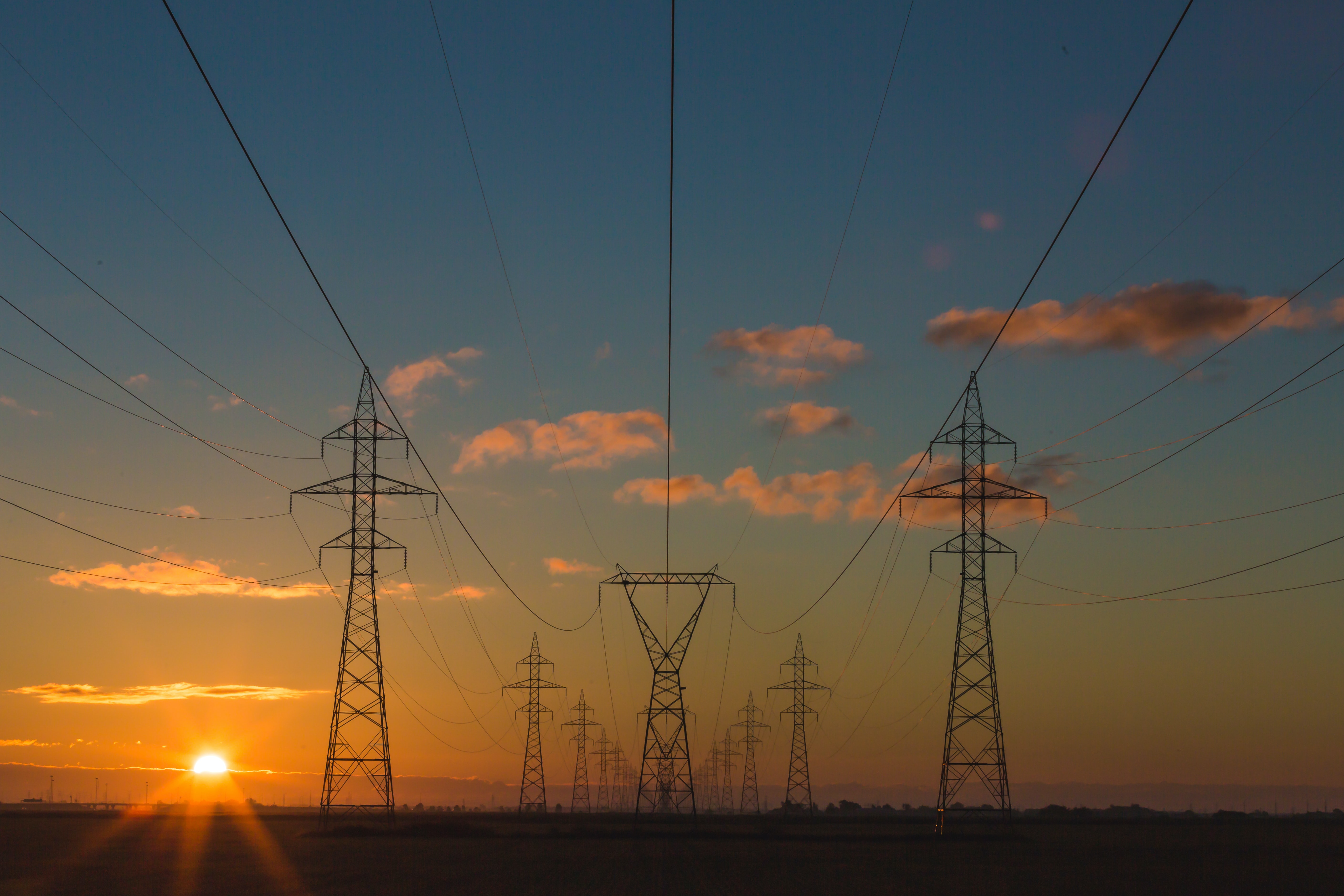During the COP26, we've heard a lot of jargon being thrown around such as The Paris Agreement, NDCs, and mitigation, and with major polluters agreeing to cut back on emissions within the coming decades, these terms have become more important than ever. While all of these terms are important, let's focus on one of the major ones; Net-Zero. The definition may seem simple in theory, but getting there will take some work. Let's break it down.
Defining Net Zero
On surface level, we may assume that Net Zero means creating zero emissions by a particular date. And while this is true to an extent, there is so much more to consider when defining what this term means.
When it comes to Net Zero, ideally we would reduce our emissions as much as possible. Then we counteract the remaining amount of emissions in the atmosphere. We do this with offsets - actions that actively remove carbon from the atmosphere such as swapping to renewables, nurturing forests, and participating in conservation efforts. But to remain Net Zero, we cannot add more emissions into the atmosphere than we started with.
To get to Net Zero we need a structured plan, and just like with any plan, we need to stick to it. It means things like transitioning to clean energy. It will take time. However, the outcome is worth it.
Net Zero is not the same as carbon-negative (a scenario where we end up removing carbon in the atmosphere without adding more) and is not the same as low emissions (producing less carbon over time by using a less harmful method but getting to the same product such as swapping from coal to gas for electricity) which are both methods of reducing pollution but are not as effective as Net Zero or are more time-consuming and expensive.
So, Net Zero doesn't mean that we stop using emission-producing technologies. It does mean we cut back substantially on the number of technologies we use and replace them with friendlier versions (such as solar power to generate power instead of coal).

(image from Unsplash; Karsten Wurt)
What are we doing to make a change?
Sounds easy in practice but we still have a way to go. We have a path laid and a global plan. It is achievable. Some countries such as the US and Britain are taking action such as adjusting shipping routes for trade ships in order to decarbonise the global maritime industry. Alone, the maritime industry contributes almost 3% of the global carbon dioxide emissions (about the same as all of Germany).
Countries such as Costa Rica and Denmark are aiming for a carbon neutral society by 2050, South Africa has released a plan to achieve a Net Zero economy by 2050, and many others have taken the pledge and released statements claiming a major cut back on carbon emissions.
So, what would these roadmaps even look like? To start with, relying less on coal, oil, and gas will already contribute massively to cutting back on the amount of harm we're doing.
Transitioning to renewables and practices like ethical waste management, nurturing national parks, maintaining habitats and nature reserves, stopping fracking and logging, maintaining our oceans and sea life can start the offset process.
Basically, getting as close as we can to zero emissions as possible.

(Image from Unsplash; Matthew Henry)
How can you get involved?
Sometimes it seems like nothing we do as individuals can make a difference. But the truth is, we can make a difference. Massively.
If we have the means to, there are major and minor actions we can take to help this process of shifting from less to more Earth-friendly practices. If we're looking at purchasing a new car, consider electric or hybrid. Change banks and super funds from those that support coal and gas companies to those that contribute to conservation and ethical practices.
If major changes like those are out of reach, don't fret, there are minor actions that make a huge difference too. Sending letters to your local MP asking for more renewable solutions to be introduced to your area, sign pledges, sign open letters to the government, make noise to put pressure on the Prime Minister to actively participate in change.
If COP26 demonstrated anything, it is that ambitious targets can be set when we put pressure on our governments and dramatic changes are within our grasp. Achieving Net Zero is a lengthy process but the benefits it will have on the climate crisis are quite significant and can help curb a climate emergency.
Header Image from Unsplash; Marek Piwnicki)
Read this next: How To Get Solar Power As A Renter

